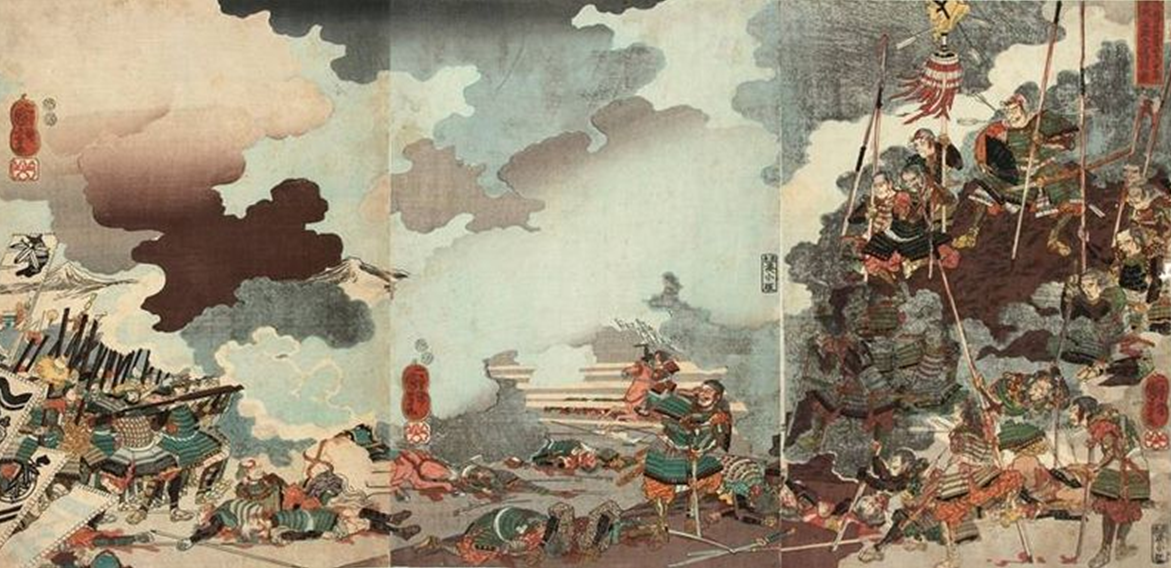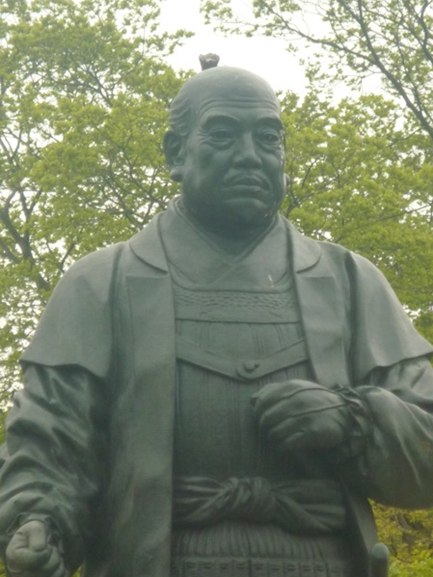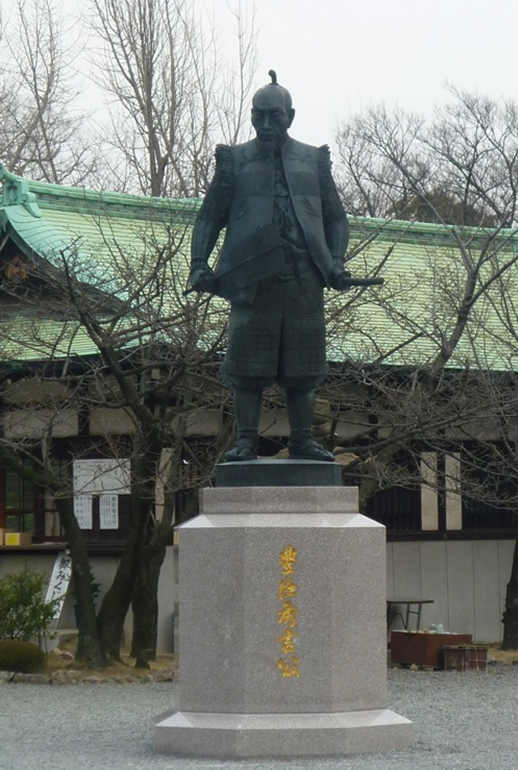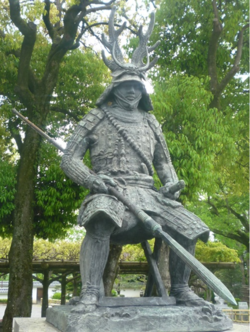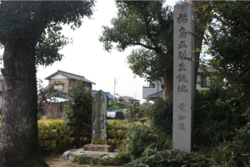悪役?忠義の士?石田三成のちょっといいところ
第7回 SAMURAIファイル「石田三成」
日本が誇る錚々たる戦国武将たちの魅力。
外国人の目に我が国の英雄たちはどう映っているのか?
豊臣家への忠義に生きた三成ってかっこよくない?
ドラマには、ヒーローと悪役が存在する。
「関ヶ原の合戦」でいえば、東軍大将であり勝者の徳川家康がヒーローで、
西軍大将であり敗者の石田三成が悪役であるという印象が強い。
歴史は勝者によって書き換えられると言われているから、これもある意味仕方のないことだが、豊臣家に忠義を誓い、最後まで豊臣家を守ろうとした三成が悪役とは、ちょっと可哀想な気がする。
三成と秀吉との出会いは、長浜城近くにあるお寺でのこと。
1573年、三成がまだ13歳の時のことだった。
和尚から、秀吉様にお茶を出すように言いつけられた三成は、のどが渇いている秀吉の状況を察して、薄くてぬるめのお茶をたっぷりと入れて出した。二杯目は、さきほどの半分の量の熱めのお茶、三杯目は、寺で一番いい茶器に熱く濃いお茶を入れて出した。
その心遣いをいたく気に入った秀吉は、三成を召し抱えることになる。
信長に冷たい草履を履かせないようにと「草履をあたためておいた」秀吉。
「おぉ〜!まるで、昔の俺のようじゃいか!」と、過去の自分と重なったところがあったのかもしれない。

三成は、真面目すぎるほど真面目で、規律に厳しく、間違いがあれば目上の人であっても間違いを指摘する。
ごますりもできない。そのせいか人望もない。
管理者としての才能はあったようだが、リーダーとしての資質はなかったとも言われている。
その結果、裏切りをうけ「関ヶ原の戦い」で負けることにもなるわけだが、
豊臣家に最後まで忠義を尽くした三成は、本来なら「忠臣蔵」のごとく、ヒーローとして扱われても良いのではないだろうか。

「関ヶ原の戦い」で負け、処刑される直前であっても、三成の豊臣家に対する想いは変わることはなかった。
その時のエピソードに、こんなものがある。
家康からの最後の心遣いで、処刑前に小袖を与えられた三成。普通ならば有り難く受け取るところを「この小袖は、江戸の上様からだ」と聞かされると「上様は、秀頼公の他にはいない」と受け取らなかったという。
うーん。これぞ、SAMURAI!カッコいい!!
(賛否両論あるとは思うが、家康の粋な計らいも、僕はカッコいいと思う・・・)
最後の最後まで、真面目すぎるほど真面目で、忠義を尽くすことに頑なだった石田三成。
地味ではあるが、SAMURAIとしての誇りを感じさせてくれる。
(以下、英訳)
Every story has a hero and a villain! In the case of the Battle of Sekigahara, it is the commander of the Eastern forces who has taken the role of the hero, while the leader of the Western Army, Ishida Mitsunari has been delegated the role of the villain.
Ishida Mitsunari was just 13 years old when he came to the attention of Toyotomi Hideyoshi in 1573. While performing military exercises near Nagahama Castle, a thirsty Hideyoshi stopped where the young Mitsunari was stationed and was served three successive cups of tea. The first was in a big chawan tea bowl, filled with warm green tea. For a thirsty Hideyoshi, the temperature and amount were just right, and he drank it all in one go.
The second cup Mitsunari served in the same chawan, but a bit hotter than the last and only about half as much, allowing Hideyoshi to take his time over it.
Finally a third cup was served, a smaller serve in a smaller bowl, but much hotter and stronger than the previous two cups. Hideyoshi, now totally relaxed, could enjoy this one.
Much impressed, and recognising the youth’s sense of hospitality matched his own, (Hideyoshi had come to Oda Nobunaga’s attention having warmed his lord’s sandals in the breast of his kimono) he quickly had Mitsunari appointed to his personal staff, where he continued to serve the Toyotomi loyally, and was rewarded as such.
Mitsunari proved to be a most capable administrator within the Toyotomi government, however his failure at Sekigahara could well be attributed to his lack of leadership abilities and an inability to get along with others. It appears Mistunari had a habit of being rather officious, blunt, and too forthcoming with his thoughts on the shortcomings, real or not, of others. This lead to him becoming quite unpopular amongst many other Daimyo, despite his strong loyalty to the Toyotomi cause. Many Toyotomi sympathisers joined the Eastern forces partially out of spite of Ishida!
Despite this character flaw, another episode that shows the extent of Mistunari’s unswerving loyalty to the Toyotomi happened after the Battle of Sekigahara. Having been captured days after the battle in a sad and sorry state, Mitsunari was supplied with a new padded silk garment prior to his execution so he would not look so disheveled when paraded through the streets of Kyoto. Mitsunari asked from where it had come, and his jailor told him, “From His Highness,” (meaning Ieyasu) to which Mistunari snapped, “The only Highness is Toyotomi Hideyoshi!”
In this case, Mitsunari showed true samurai loyalty, while Ieyasu showed samurai pity on the hapless Mitsunari. Both fine samurai virtues.
History is written by the victor, and while it was Ieyasu who broke the Toyotomi lead peace and caused hostilities to commence as he sought control of the nation for his own, it was Ishida Mitsunari who fought on behalf of the rightful rulers of the time, the Toyotomi Clan, who has been unfairly painted as the villain.


